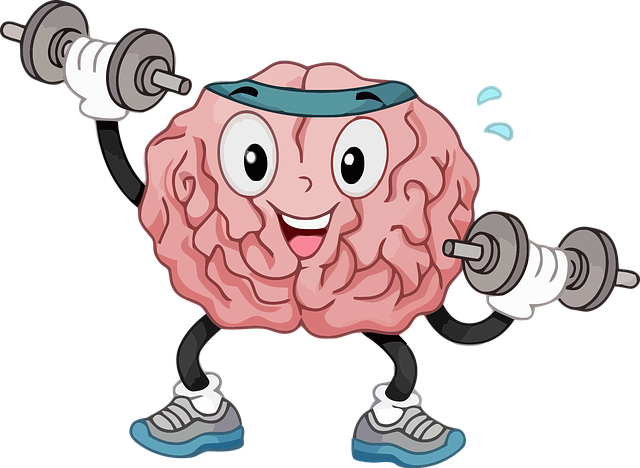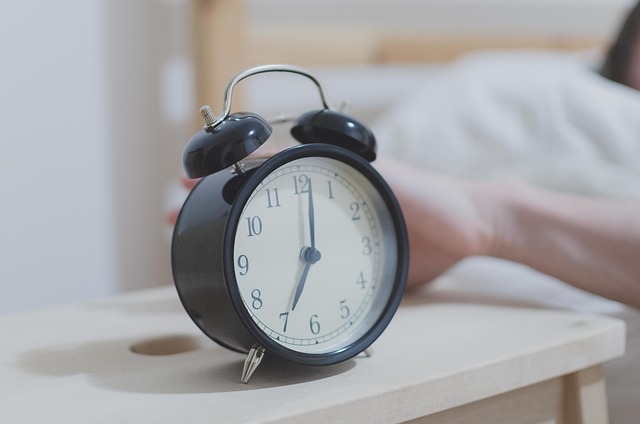Introduction
In today’s fast-paced world, sleep is often seen as a luxury rather than a necessity. However, sleep is crucial for physical health, mental well-being, and overall quality of life. Poor sleep can lead to serious health issues, including obesity, diabetes, heart disease, and even mental health disorders. If you’ve been struggling to get quality rest, this guide is here to help. Let’s explore the golden rules for achieving better sleep and unlocking your full potential.

Why Sleep Matters
Sleep isn’t just about feeling rested; it’s a vital process that allows your body and brain to recover and regenerate. During sleep:
- Your brain processes memories and consolidates learning.
- Your body repairs cells and tissue damage.
- Hormones that regulate growth, stress, and hunger are balanced.
Chronic sleep deprivation can weaken your immune system, reduce productivity, and negatively impact your emotional stability. Prioritizing good sleep is a form of self-care that has long-term health benefits.

The Golden Rules for Better Sleep
Stick to a Consistent Sleep Schedule
Go to bed and wake up at the same time every day, even on weekends. This trains your body’s internal clock, or circadian rhythm, to promote better sleep quality.

Create a Relaxing Bedtime Routine
Spend 30–60 minutes before bed engaging in calming activities such as reading, meditating, or taking a warm bath. Avoid stimulating activities like checking emails or watching intense TV shows.

Limit Exposure to Blue Light
Blue light emitted by phones, tablets, and computers disrupts melatonin production, the hormone that helps you sleep. Use blue-light-blocking glasses or switch to night mode on your devices, and avoid screens at least an hour before bed.
Optimize Your Sleep Environment
Your bedroom should be cool, dark, and quiet. Invest in blackout curtains, a white noise machine, or a high-quality mattress and pillows to ensure maximum comfort.
Watch What You Eat and Drink
Avoid heavy meals, caffeine, and alcohol close to bedtime. These can interfere with your ability to fall asleep and stay asleep. Instead, opt for light snacks like a banana or a handful of almonds if you’re hungry before bed.
Get Regular Exercise
Physical activity during the day can promote deeper, more restorative sleep. However, avoid intense workouts within 2–3 hours of bedtime as they may have the opposite effect.
Practice Stress Management
Anxiety and stress are common sleep disruptors. Techniques like mindfulness meditation, journaling, or deep breathing exercises can help calm your mind and prepare your body for rest.
Limit Naps During the Day
While short naps can be refreshing, long or irregular naps during the day can confuse your body’s internal clock and interfere with nighttime sleep.
The Link Between Sleep and Overall Health
Quality sleep is intertwined with various aspects of health:
- Physical Health: Improves immune function, reduces inflammation, and supports weight management.
- Mental Health: Enhances mood, reduces stress, and sharpens focus and decision-making skills.
- Long-Term Benefits: Lowers the risk of chronic conditions such as diabetes, heart disease, and dementia.
Incorporating Natural Solutions
If you find it difficult to fall asleep despite following these rules, consider natural sleep aids like melatonin supplements, herbal teas, or essential oils like lavender. Always consult a healthcare professional before trying new remedies.
Conclusion
Better sleep isn’t just a dream; it’s a goal you can achieve by making small, consistent changes to your daily habits. By following these golden rules, you’ll not only improve your sleep quality but also enhance your physical and mental well-being. Prioritize your rest, and your body will thank you!
